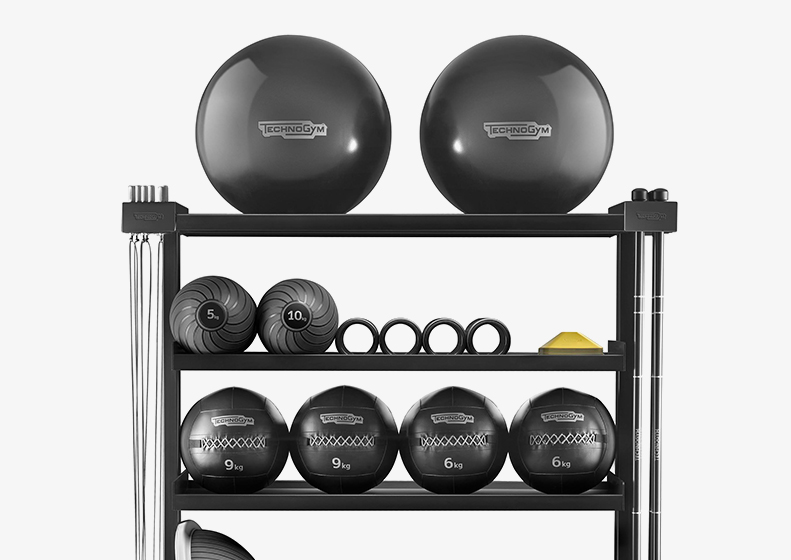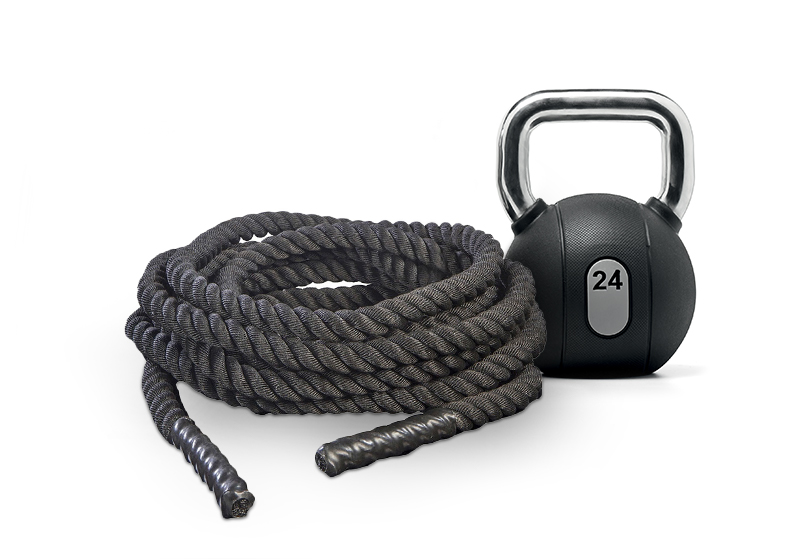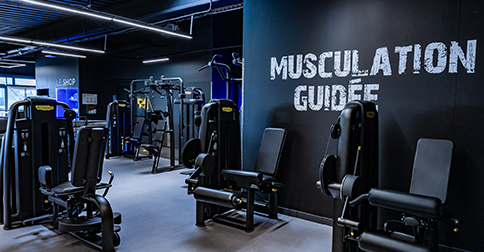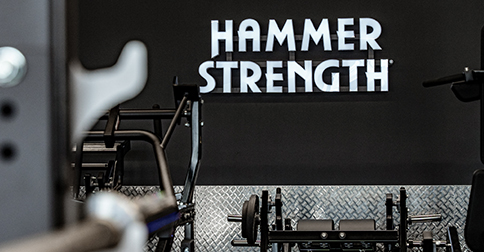Découvre le club Fitness Park Limonest situé à proximité du Auchan Dardilly. Réparti sur plus de 1000m², le club t’offre un large choix d’activités et d’équipements Technogym pour t’entraîner à la perfection. Que ton objectif soit de te muscler, perdre du poids ou te remettre en forme, Fitness Park t’accompagne dans ta réussite. INFORMATIONS PRATIQUES SERVICES DU CLUB LES POINTS FORTS *En supplément Le club de sport Fitness Park Limonest t’accueille sur 1000m² d’espace de pratique : musculation, cardio, cross-training et cours-collectifs. Plus de 55 machines et équipements Technogym, disponibles en libre accès 7J/7 - de 6h à 23h. Retrouve un espace de 170m² pour tes séances d’entraînement. Des exercices de base aux plus complexes, la salle est équipée de machines de musculation dernière génération Technogym pour maximiser tes performances lors de tes séances Nos machines à charges guidées te permettent d’évoluer facilement pour atteindre tes objectifs. Progresse avec une préparation physique adaptée à tes objectifs, dans un espace conçu parfaitement pour tes entraînements. Retrouve des équipements de musculation à charges libres performants pour développer ta masse musculaire. Travaille l’ensemble du corps et améliore ta condition physique générale dans l’espace dédié aux entraînements cardio-training. Entraîne-toi pour te remettre en forme, dépenser un maximum de calories, perdre du poids et développer ton endurance. Nous mettons à disposition les meilleurs équipements pour atteindre tous tes objectifs fitness : rameurs, vélos elliptiques, simulateurs d’escaliers ou encore tapis de course. Mets en place un programme cardio-training adapté à ton objectif personnel pour rapidement progresser. Que tu sois à la recherche d’une meilleure forme physique ou d’une silhouette affinée, le cardio-training est la discipline à privilégier. Elle permet de tonifier les muscles et d’augmenter la résistance à l’effort. Travaille ton cardio, tes cuisses, ton endurance, ta souplesse ou encore tes abdos grâce aux cours collectifs vidéos accessibles en libre-service sur écran géant. Varie tes trainings et progresse à ton rythme grâce à une gamme de cours collectifs diversifiées. Avec ton pass Fitness Park, tu peux accéder en illimité à tous les cours. Enchaîne tractions, burpees et snatch et à force de détermination et d'abnégation. Créer des programmes d'entraînement personnalisés et réveille l'athlète qui sommeille en toi. Le club met à disposition et en libre accès, un espace pensé pour pratiquer le cross-training en illimité. Retrouve barres de traction, kettlebells, rack à squat, TRX, box jump, wall-balls, Skill Mill et Skill Row et powerbag pour des séances de cross-training intenses et variées. Mélangeant musculation, haltérophilie et mouvement de gymnastique, le cross-training ne t’offre pas moins de 50 exercices différents pour brûler des calories et développer tes muscles. C’est la discipline par excellence pour une préparation musculaire et cardio à haute intensité. Quel que soit ton niveau, le cross-training est accessible à tous. Adapte tes séances d'entraînement selon tes objectifs. Accessible à tous, cette discipline en vogue te permet d'améliorer ta condition physique et tes performances rapidement. Cet entraînement de haute intensité est rythmé par une ambiance sonore qui t’accompagne pendant cette séance de vélo indoor, idéal pour te motiver. Dépense calorique et dépassement de soi garantie : le RPM est conçu pour brûler un maximum de graisses en un temps record : 600 calories/45 minutes. Défoule-toi et renforce tes capacités au rythme de la musique. Grâce au vélo indoor, tu affines tes cuisses, raffermis tes fesses et tonifies l’ensemble du corps : des résultats visibles en seulement un mois ! Nous proposons dans tous les clubs Fitness Park un espace Musculation, Cardio & Cross-Training afin que tu puisses venir t'entraîner dans les meilleurs conditions. Fitness Park te propose plusieurs offres au choix dès 19€/ 4 semaines* : Avec ou Sans Engagement avec l'offre classique, Access + et Ultimate et l'offre Jeunes. Découvre-les ! SALLE DE SPORT Limonest
Musculation, Cours-Collectifs, Cross-Training, Biking & Cardio-Training
06:00 - 23:00
Samedi au dimanche 10:00 - 23:00Fitness Park Limonest
Club de sport, fitness & remise en forme
Musculation
Cardio training
Biking
Water Station
Plateforme Oscillante Sismo*
Equipements haut de gamme
Service de qualité
Libre accès dans tout le réseau
Services et expérience Ultimate
ACTIVITÉS
Espace Musculation
Conçu pour développer ta force

Espace cardio-training
Idéal pour te remettre en forme
Espace Cours Collectifs
Plus de 160 cours disponibles
Espace Cross-Training
Repousse tes limites
Espace Biking
Haute intensité assurée
Questions &
RéponsesQuelles sont les activités proposées dans les clubs Fitness Park ?
Quelles sont les offres proposées dans les salles de sport Fitness Park ?
Pourquoi s’entraîner
chez nous ?
Fitness Park, la marque de fitness préférée des Français*
Un réseau de plus de 260 salles en France et à l'étranger
Espaces Cardio-Training, Musculation libre et guidée
Une communauté de passionnés !
Cage de Cross-Training et accessoires complets
Matériel haut de gamme et connecté
Cours collectifs vidéo exclusifs
Wifi gratuit
* Offre non cumulable valable pour toute souscription à un abonnement classic avec engagement d'un an soit 13 périodes de 4 semaines, hors l'adhésion de 30€ à l'inscription et la participation au renouvellement matériel de 9€ à régler une seule fois.
 Offre spéciale : Les 4 premières semaines à 19€
Offre spéciale : Les 4 premières semaines à 19€














